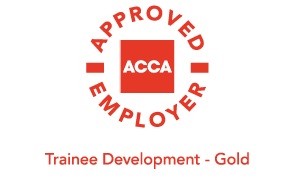A recent Low Pay Commission (LPC) report sets out its findings on the number of people being paid less than the statutory minimum wage.
The LPC found that, in April 2018, 439,000 workers were paid less than the National Minimum Wage (NMW). Of this amount, 369,000 were employees aged 25 and over, who were paid less than the National Living Wage (NLW), an increase from previous years. On 1 April 2019, the NMW and NLW rates rose to the hourly rates detailed below:
| Minimum wage rate |
Hourly rate from 1 April 2019 |
| National Living Wage (for workers aged 25 and over) |
£8.21 |
| 21-24 year-old rate |
£7.70 |
| 18-20 year-old rate |
£6.15 |
| 16-17 year-old rate |
£4.35 |
| Apprentice rate |
£3.90 |
| Accommodation Offset |
£7.55 per day: £52.85 per week |
The LPC also revealed that women are ‘more likely’ than men to be paid less than the NMW, and that underpayment is common amongst younger and older workers. In addition, underpayment was more common in certain sectors including hospitality, retail, cleaning, maintenance and childcare.
Commenting on the findings, Bryan Sanderson, Chair of the LPC, said:
‘Our analysis reveals a worrying number of people are being paid less than the minimum wage. We recently celebrated 20 years of the minimum wage – it has raised pay for millions of workers, but it is essential that people receive what they are entitled to.’
‘It is also vital for businesses to be able to operate on a level playing field, and not be illegally undercut on wages.’
Contact us for help with payroll issues.
Internet link: GOV.UK news

